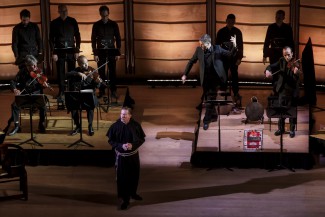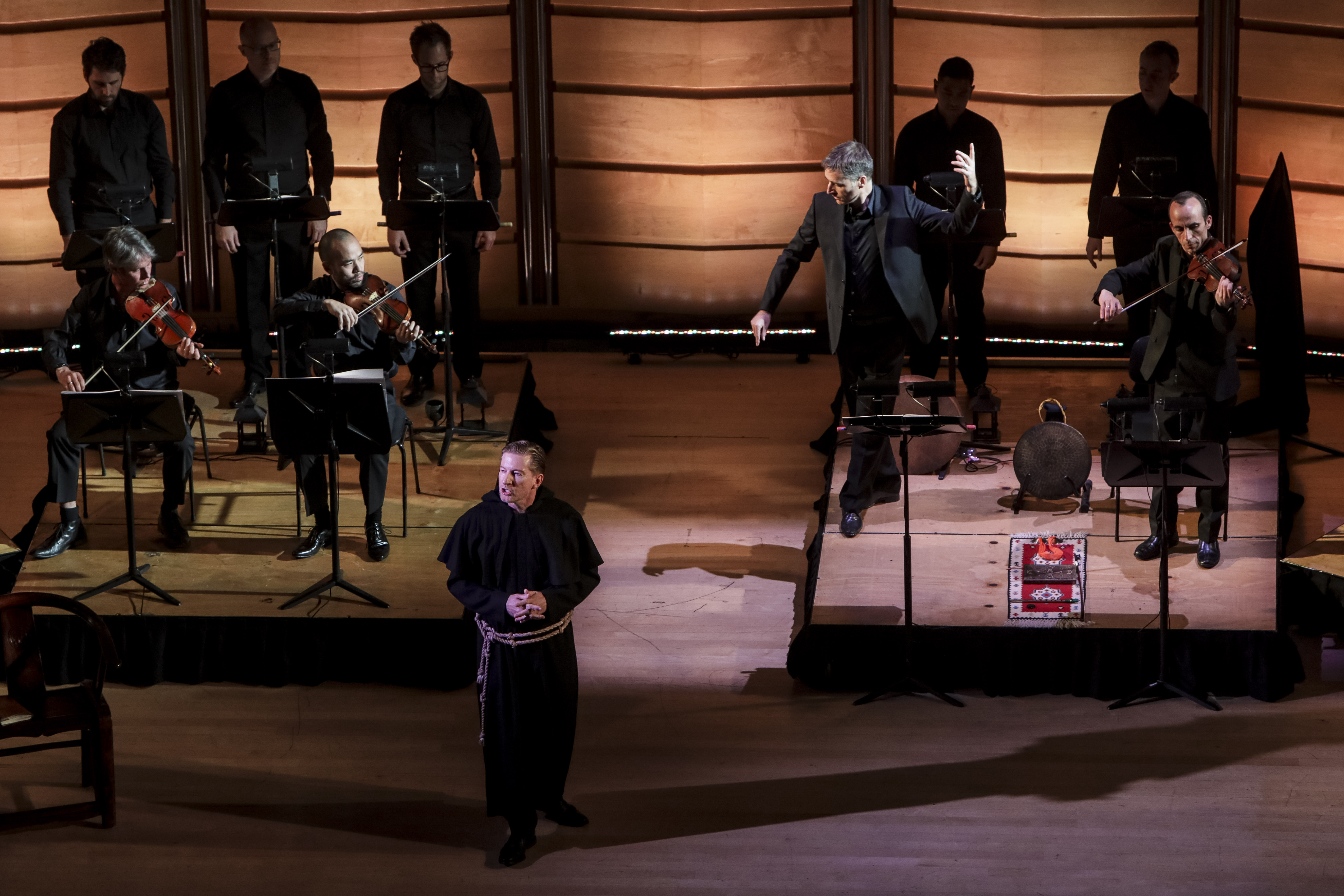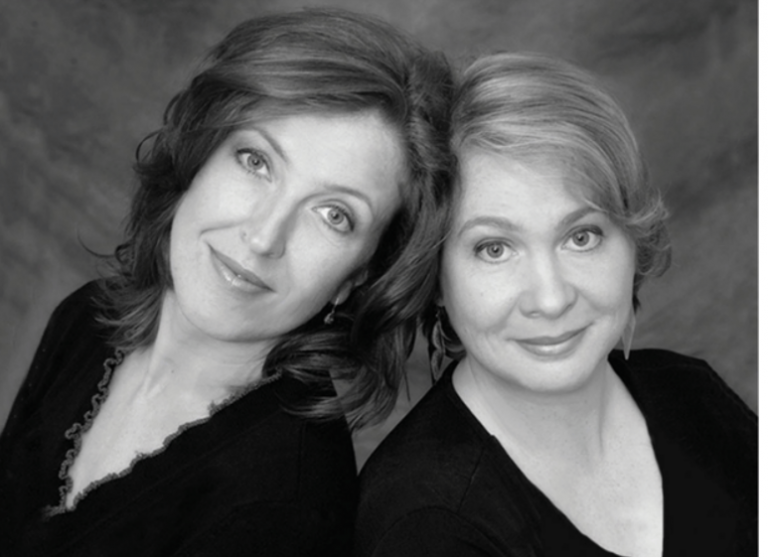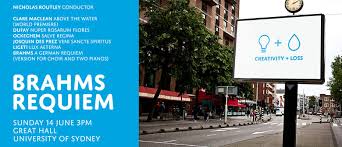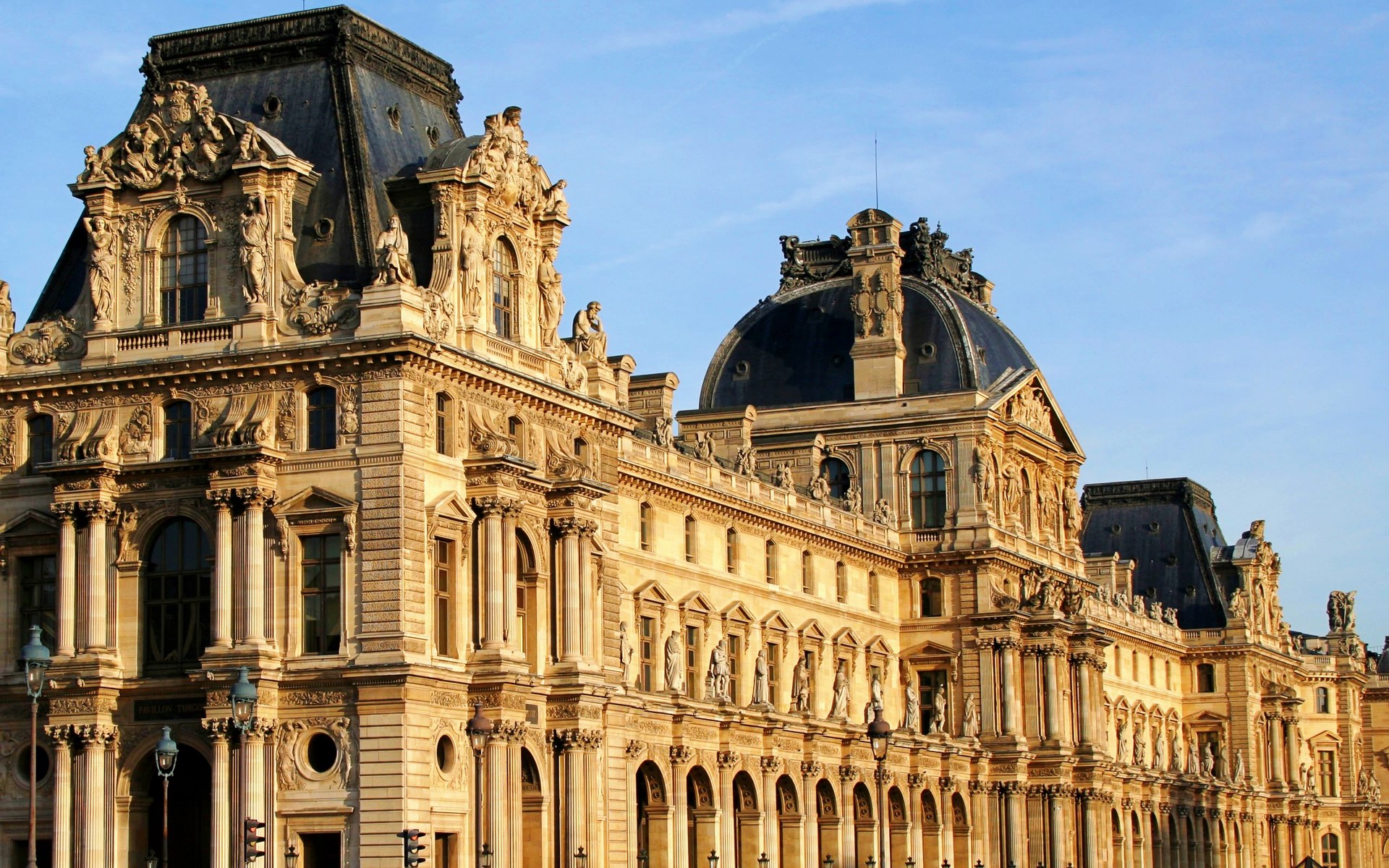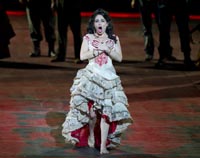Concert Review: Karakorum/ Australian Brandenburg Orchestra
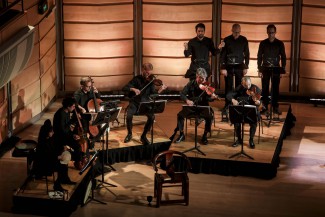
Karakorum
Australian Brandenburg Orchestra
25 July 2018
City Recital Hall, Sydney
Written by Deen Hamaker
The journey of an itinerant 13th century monk forms the basis of this fascinating syncretic concert that reinterprets the sound world of Medieval Central Asia. Charting William of Rubruck’s journey leaving Constantinople in 1253 across Central Asia to the Mongol capital of Karakorum, the concert follows both his physical and spiritual journey across thousands of miles. Pairing with renowned French ensemble La Camera delle Lacrime, the Australian Brandenburg Orchestra takes us 765 years into the past with a concert featuring music from across Central Asia, Mongolia, China, Southern France sung in a variety of ancient languages including Occitan, Latin, Mongolian, Arabic and Sanskrit.
William of Rubruck was just a simple monk from Flanders who was the first European to visit the Mongol capital of Karakorum, a city of yurts and stone temples, churches and mosques. Today, nothing remains but some rock outlines and a temple. But Karakorum has held sway on the European imagination as a fabled city of the East. William of Rubruck with support of the French King Louis IX, today known as St Louis, planned to travel across Asia to proselytise and ultimately convert the Khan. His journey took him on a three year journey through Central Asia. He wrote it all down in his Intinerarium but his journey did not yield a single convert. He didn’t speak Arabic or Greek and yet his recollections of his travels had a major impact on the Medieval mind.
La Camera delle Lacrime have made their reputation across French music festivals since their formation in 2005. Focussing on the music of the Middle Ages, they bring excellent musicianship and thorough research to not only recreate but reinterpret and reinvent music of the lost medieval world. Led by the charismatic Bruno Bonhoure, La Camera delle Lacrime is a diverse group of extraordinary musicians playing an eclectic mix of instruments, including Yan Li on the erhu, Martin Bauer on the kamanche, Michèle Claude on a variety of percussion and Christophe Tellart on hurdy-gurdy and comamuse, a form of bagpipes. Together with the wonderful instrumental playing there are the exceptional vocal performances of Mokrane Adlani and Bruno Bonhoure. Augmented by players from the Australian Brandenburg Orchestra and the Brandenburg Choir, the performance was stellar as it was exotic and experimental.
David Wenham as the monk William of Rubruck, brought a gravitas to the proceedings. He guided us through the monk’s journey and his ultimate disappointment at not having managed to convert the Khan or any of his people. Bruno Bonhoure takes the central musical role, conducting and singing in his own eclectic way. His range is huge and he sings with passion and style in several different languages and styles. His unusual style of singing the Gregorian chants with a sense of almost Bel Canto like decoration was stunning and yet entirely worked. Mokrane Adlani’s singing of the Arabic passages was wonderful with a lyrical beauty and yet strength and power. Special mentions go to Michèle Claude who played the percussion passages with real panache and Yan Li who played the erhu magnificently.
Starting with a troubadour’s song sung in Occitan, the romance language of Southern France sometimes known as Provençal we are lead into a mystical sound world. What follows is a surprising and eclectic series of pieces that tell the story of William of Rubruck’s journey into the unknown in search of the Khan in Karakorum. But what is most fascinating is that this is not a literal performance of the music of the period or an attempt to conjure what William would have heard on his journey. Feeling both ancient and experimental, often simultaneously, this stunning musical performance pushes the boundaries of audience expectations and succeeds on all fronts. Familiar pieces such as the Gregorian chants Salve Regina and Veni Veni Emmanuel sound exotic and mystical with accompaniment from an erhu and other unusual instruments. A Gregorian chant is juxtaposed with the Islamic call to prayer, the two singers winding the vocal lines around each other. This constant mixing of styles and instrumentation results in a grand ecclesiastical debate in the court of the Khan in Karakorum. Instrumentalists and singers become the priests of various faiths and sects each answering the Khan’s questions in their own language from their different points of view. This scene is set against the hypnotic Buddhist invocation of “Om mani padme hum”, the mantra of Avalokiteshvara, the Bodhisattva of compassion. Building to a musical climax, each of the players come forward and give their answers to fundamental religious questions and then fade back into the shimmering musical landscape.
This concert is a long way from the regular territory of the Australian Brandenburg Orchestra but it is a stunning success and takes us to a world we rarely, if ever, get to visit. A ancient world music journey through the mind and soul of a 13th century monk. Musically it is a triumph and an unique concert utterly unlike any I have seen before.
